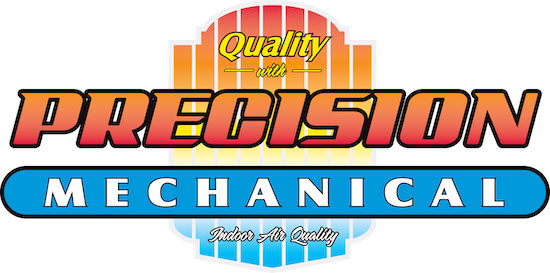
We spend lots of time indoors. As a matter of fact, the Environmental Protection Agency (EPA) has determined being within a building comprises 90% of our time. However, the EPA also says your indoor air can be three to five times dirtier than outdoors.
That’s because our homes are securely sealed to boost energy efficiency. While this is great for your utility expenses, it’s not so good if you’re a part of the 40% of the population with respiratory allergies.
When outside ventilation is limited, pollutants including dust and volatile organic compounds (VOCs) can get stuck. As a result, these pollutants may worsen your allergies.
You can boost your indoor air quality with crisp air and routine dusting and vacuuming. But if you’re still having issues with symptoms while you’re at your house, an air purifier may be able to provide assistance.
While it can’t remove pollutants that have settled on your couch or carpeting, it might help purify the air circulating throughout your residence.
And air purification has also been scientifically proven to help reduce some allergic symptoms, according to the American College of Allergy, Asthma and Immunology. It could also be appropriate if you or a loved one has lung issues, including emphysema or COPD.
There are two models, a portable air purifier or a whole-home air purifier. We’ll go over the advantages so you can learn what’s correct for your home.
Whole-House Air Purifier vs. Portable Air Purifiers
A portable air purifier is for a single room. A whole-house air purifier works alongside your heating and cooling system to purify your full house. Some models can clean by themselves when your home comfort system isn’t operating.
What’s the Best Air Purifier for Allergies?
Look for a model with a High Efficiency Particulate Air (HEPA) filter. HEPA filters are placed in hospitals and offer the best filtration you can buy, as they catch 99.97% of particles in the air.
HEPA filters are even more beneficial when installed with an ultraviolet (UV) germicidal light. This dynamic mixture can destroy dust, dander, pollen and mold, all of which are general allergens. For the ultimate in air purification, consider a system that also has a carbon-based filter to reduce household smells.
Avoid using an air purifier that creates ozone, which is the primary ingredient in smog. The EPA warns ozone might worsen respiratory troubles, even when discharged at low amounts.
The Allergy and Asthma Foundation of America has compiled a checklist of questions to ask when buying an air purifier.
- What can this purifier take out from the air? What doesn’t it extract?
- What’s its clean air delivery rate? (A higher amount means air will be cleaned faster.)
- How regularly does the filter or UV bulb need to be changed]? Can I do that without help?
- How much do replacement filters or bulbs cost?
How to Decrease Seasonal Allergy Symptoms
Want to have the {top|most excellent|best] results from your new air purification equipment? The Mayo Clinic advises doing other steps to limit your exposure to things that can trigger seasonal allergies.
- Stay in your home and keep windows and doors sealed when pollen counts are heightened.
- Have other household members mow the lawn or pull weeds, since this work can irritate symptoms. If you are required to do this work on your own, you might want to consider trying a pollen mask. You should also rinse off immediately and put on clean clothes once you’re completed.
- Avoid stringing up laundry outside your home.
- Run the AC while at home or while driving. Consider installing a high efficiency air filter in your house’s home comfort unit.
- Equalize your residence’s humidity levels with a whole-house dehumidifier.
- Hardwood, tile or linoleum are the ideal flooring kinds for reducing indoor allergens. If your house has carpet, add a HEPA filter on your vacuum cleaner.
Let Our Professionals Manage Your Indoor Air Quality Needs
Ready to take the next step with getting a whole-house air purifier? Give our specialists a call at 605-206-3766 or contact us online to schedule an appointment. We’ll help you locate the ideal equipment for your residence and budget.











